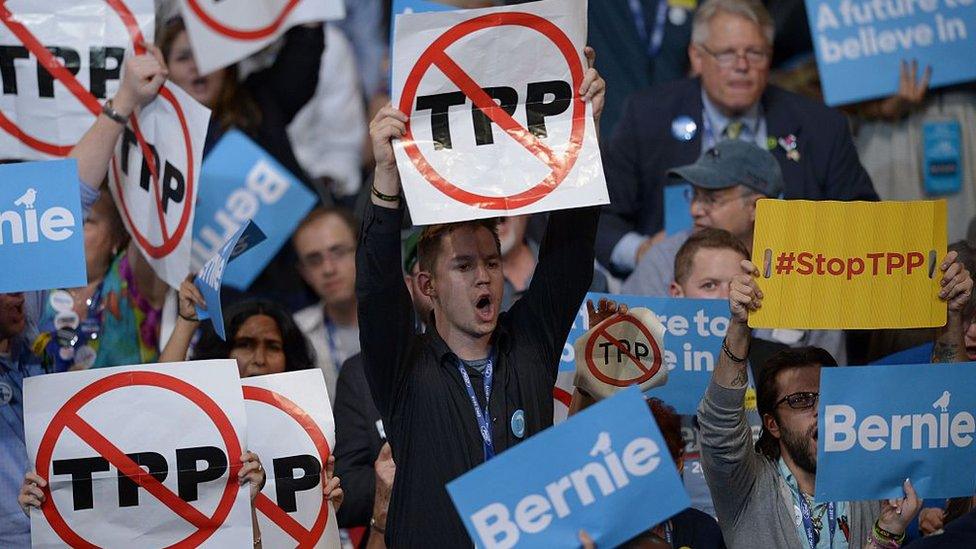Can investment slay the inflation dragon?
- Published
- comments
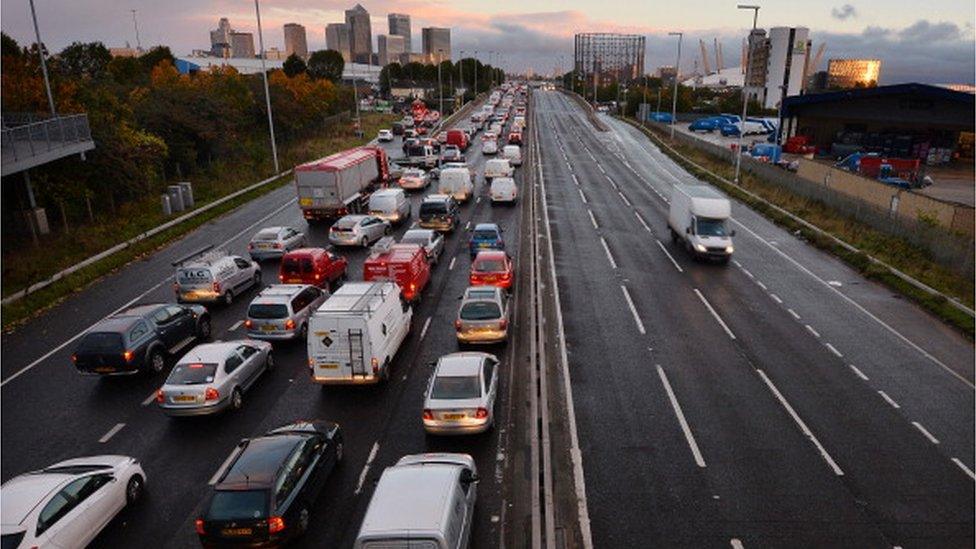
As the good people of Britain start stockpiling their supplies of Marmite and Pot Noodle, one of the effects of the fall in the value of sterling has become clear.
For companies such as Unilever that import food from abroad to be sold in Britain, prices are going to go up because the pound buys less abroad.
To protect their profits, suppliers are telling retailers they are putting up their prices, by 10% in Unilever's case.
And retailers will either say yes. Or, as in Tesco's case, no.
Or, at least not at the moment.
Supermarket profit margins are so thin, and consumer appetite for price rises practically non-existent, that businesses like Tesco feel they have to take the battle to suppliers where profits for companies like Unilever are strong.
Lord Wolfson, the chief executive of Next, tells me that retailers are facing higher inflation and that prices are likely to rise.
Next boss Lord Wolfson: "Inflation will present a challenge to us next year"
A firm supporter of Brexit, he says the answer is to boost the economy in other ways.
Trade deals with countries outside the European Union is one.
And major investment in new infrastructure is another.
Increasing the wealth of the economy will mitigate any increase in inflation, he argues, as consumers become richer and so price rises become easier to handle.
"I think inevitably the decline in the pound will mean there will be some inflation coming into the United Kingdom and that will present an additional challenge to us next year and probably the year after," he told me.
"But the key thing is that we come up with ways of stimulating our economy to counter that effect, to mitigate it. One of the ways we can do that is through investment in the right infrastructure."
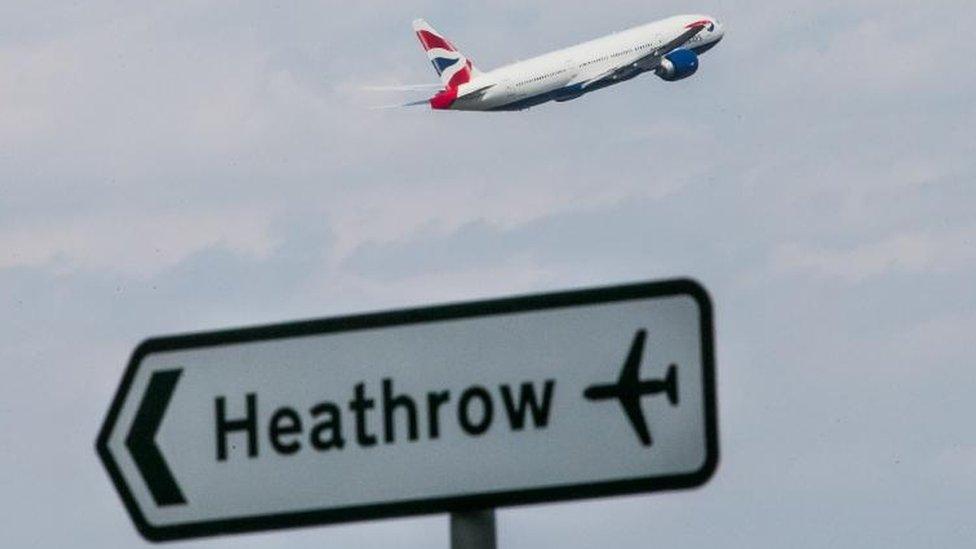
Lord Wolfson argues the government should give the go-ahead to an extra runway at Heathrow
Today he launched his £250,000 Wolfson Economics Prize, the richest in the UK.
The winner will provide the best answer to the question: how do we improve Britain's overcrowded and polluting roads?
"What I am hoping to achieve most of all is to stop people sitting in unnecessary traffic jams every day of their life wasting countless hours in traffic jams - that's the main purpose," Lord Wolfson said.
"The second purpose is to find a way to be able to productively and profitably invest in our infrastructure in Britain so our economy can grow."
Boosting the economy as the UK negotiates its way out of the European Union is now seen as the most pressing issue for Theresa May to tackle.
Third runway
Business leaders like Lord Wolfson say backing projects like the expansion of runway capacity in the south east of England is important.
He argues the government should give the go-ahead to Heathrow for an extra runway as it is "better for the UK economy".
Gatwick, which he says shouldn't be ruled out for further expansion in the future, is not positioned as well geographically as Heathrow to support growth across the rest of the UK.
Successive governments have been accused of dragging their feet on major infrastructure investment as voters tend not to like major building projects on their doorstep.
Sir John Kingman, former permanent secretary at the Treasury and now chairman of the Wolfson Prize judging committee, said that - in competition with education and health - infrastructure projects like road improvements often miss out.
"It's full, it's slow, it's creaking," Sir John said of the UK's roads system.
"People think our roads are free, but they are not free.
"Actually road users pay a huge amount in tax and that's a very important source of revenue for the government.
"But that source of revenue is in decline.
"So the Treasury has a vested interest in finding solutions - ways out of this problem - that get us to a better place where we can have both a sustainable source of revenue for the government but also better roads for the user."
As economists warn about the possible impact of leaving the EU, investment in projects that will boost growth is becoming more urgent.
- Published7 October 2016

- Published24 April 2016
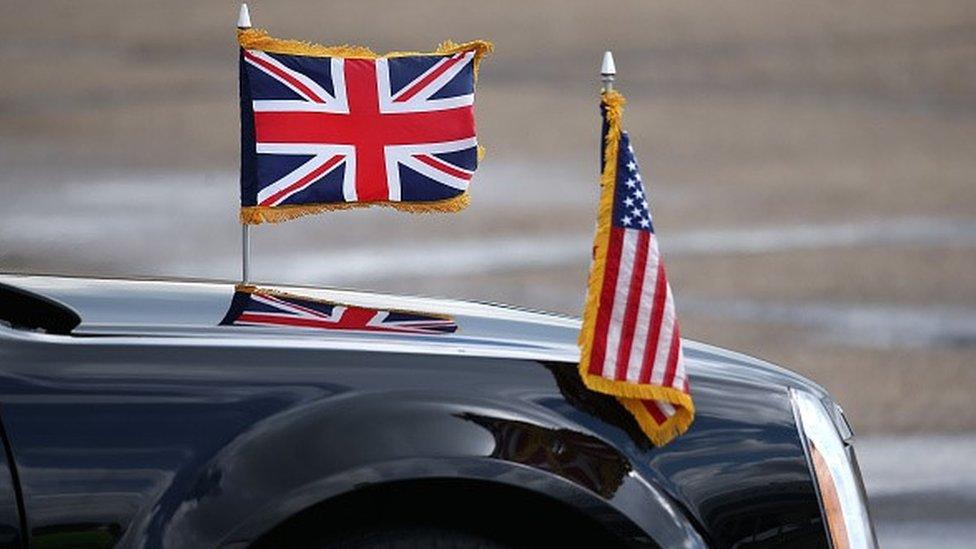
- Published29 August 2016
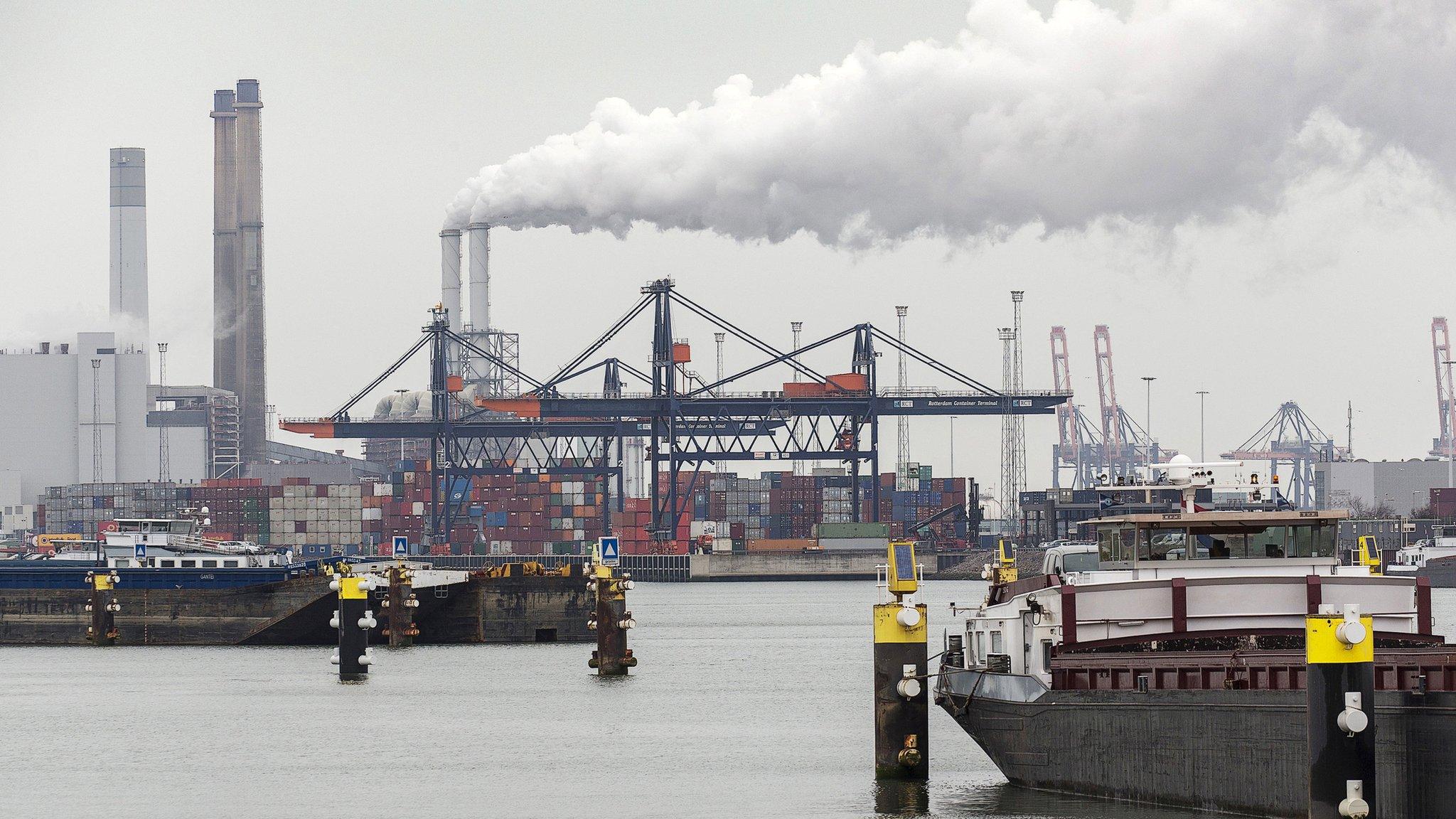
- Published23 January 2017
